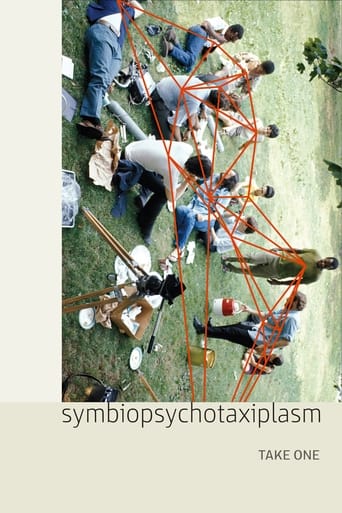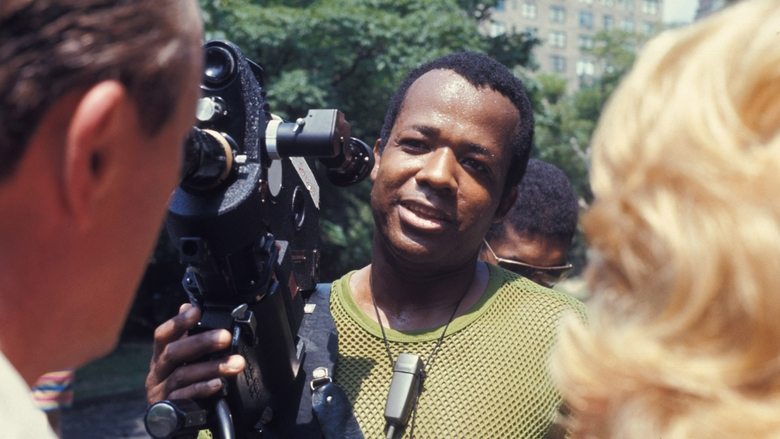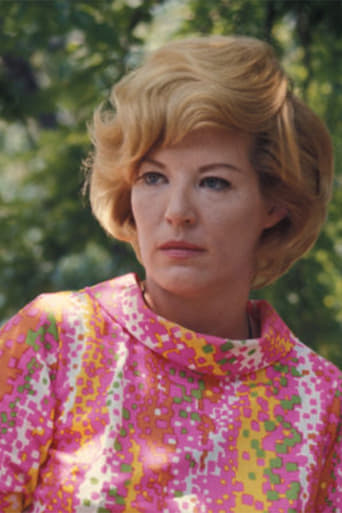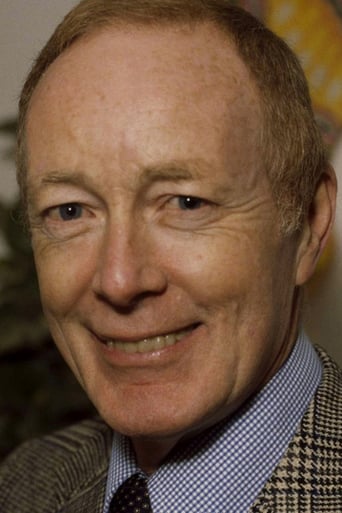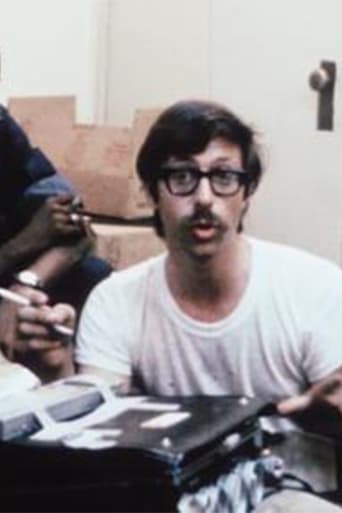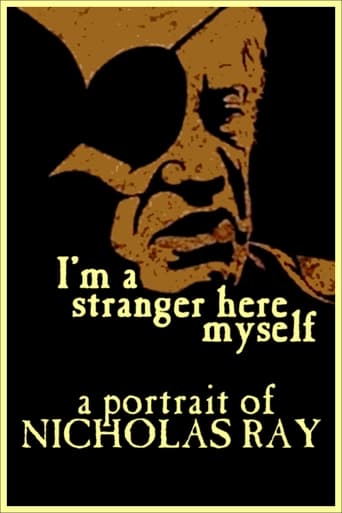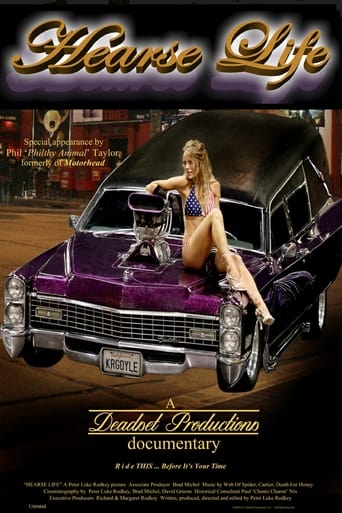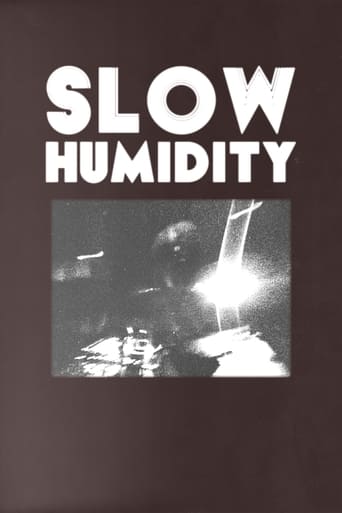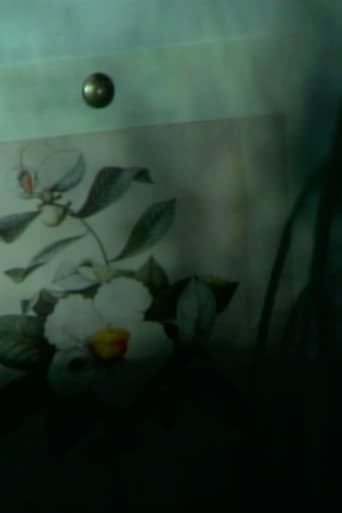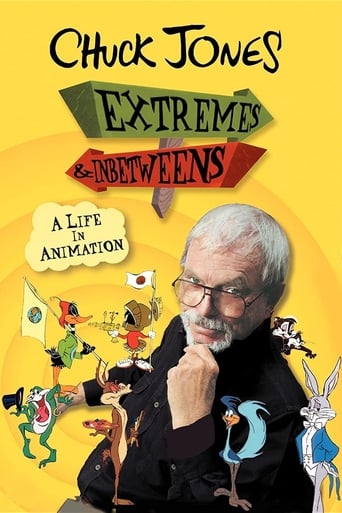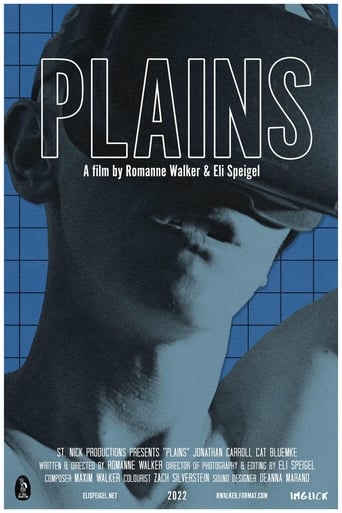Symbiopsychotaxiplasm: Take One (1968)
In Manhattan's Central Park, a film crew directed by William Greaves is shooting a screen test with various pairs of actors. It's a confrontation between a couple: he demands to know what's wrong, she challenges his sexual orientation. Cameras shoot the exchange, and another camera records Greaves and his crew. Sometimes we watch the crew discussing this scene, its language, and the process of making a movie. Is there such a thing as natural language? Are all things related to sex? The camera records distractions - a woman rides horseback past them; a garrulous homeless vet who sleeps in the park chats them up. What's the nature of making a movie?
Watch Trailer
Cast


Similar titles
Reviews
What a beautiful movie!
Lack of good storyline.
The movie's neither hopeful in contrived ways, nor hopeless in different contrived ways. Somehow it manages to be wonderful
It's the kind of movie you'll want to see a second time with someone who hasn't seen it yet, to remember what it was like to watch it for the first time.
From its overtly innocuous title to its jabbering cast and crew this "artistic happening" bleeds sophomoric pretense by the gallons in a film filming a film with another cameraman filming both. It is a disturbing waste of film stock to witness as cast and crew go around in circles breathing life into a moribund idea where little if anything outside of annoyance and frustration are achieved. While the concept is intriguing the realization is a sloppy mess of lack of communication as director William Greaves looks ill prepared from the get go as he turns his film students loose in Central Park. It's all avant lard as Greaves directs a pair of actors in a torpid fiction scene followed by discussion while a cop and homeless man try to give the doc guerrilla theatre credentials with lack luster intrusion. Meanwhile the camera runs eating up footage on the mundane as Greaves hazily pontificates and his crew attempts to make sense of what is going on, venturing ideas on the purpose and point of the exercise in a staff meeting with Greaves excluded. Some see it as genius, some see it as a waste of time. I am solidly with the latter. In the era of video and re-usable tape this monstrosity might be longer and even worse but at least it would not be committing the sin of wasting all that film stock on superfluous chatter and the hope something might be worth lensing on a mound or foot bridge in Central Park. Instead we have a clueless director and his acolytes bumping into each other with little to say or add to a film ( or films) in disarray which seems to be its purpose when it is more than evident this screen testing is for a film that will never get made but needed to get this faux cinema verite off the ground. A documentary whose lynch pin is based on a fiction is a bad place to start and it it makes Symbiowhatever little more than a pretentious self mockery.
Symbiopsychotaxiplasm: Take One (1968) *** (out of 4) Incredibly fascinating little gem from director William Greaves works as a feature film but also a documentary. Basically what we have here is Greaves shooting an actual feature dealing with a husband and wife fighting about their life while walking through Central Park. That's the "feature" side of things. While they're shooting this they also have two separate cameras picking up all the drama and action going on in real life. So, the film is one where we get to see the actual feature being shot but also a documentary covering the making of the actual movie. I can't say I had ever heard of this movie before it popped up on Turner Classic Movies but part of what makes being an open-minded film buff so great is that you often come across gems that you might not have had you simply didn't expand in your viewing habits. It's really hard to explain this feature or why it works so well but I found it to be rather fascinating because there are moments where we get a third aspect of the "film" which is when the production crew are gathered in a room where they discuss where the film should go and their opinions on whether or not Greaves is doing a good job directing. These three aspects of a "film" are so interesting that you have to wonder why someone didn't try doing a picture like this a lot earlier and while there are certainly some creaky moments, overall this is a rather genius thing to try and pull off and you really can't help but applaud the director. There are some very funny moments in the behind-the-scenes section including a bit where they're filming and a group of people gather to watch and the director has to explain to them what they're doing and why they need to be quiet so that they don't ruin the scene. There are other moments where the crew fight about how much film is left, there's a sequence with a cop wanting to see some permits and then of course there's the actual film being shot, which contains a couple actors who are very good in their parts. It's also interesting to see the actors playing their parts and coming up with ideas to run past the director. I think what I really pulled away from this movie, unlike any other documentary, is how everyone working on a film thinks they're the most important part. The actors are focused on their job. The director has his job. The crew have their job and everyone is so focused on what they're doing that it's hard to really see what the other person's job is and why it might be just as important. This movie certainly isn't for everyone but those who enjoy movies about making movies should find themselves entertained.
This is a documentary unlike any other. It has so many layers and shows us so much that trying to analyze it all at once is nearly impossible. Documentarian William Greaves shows us the process of film-making from a different perspective. We see the struggles of the actors, the director, the sound crew, and everybody else trying to hang in there and make this film successful. If this was just about a movie being made it would be ordinary. What Greaves does is make it more complex by having a crew film the actors, and then this will be filmed by another crew, only to have another crew film the whole thing. Three cameras, each with a different goal. It has an almost dizzying affect on you but at the same time is exciting. I like the parts where the crew organizes together and discusses what is going on. Even they are somewhat in the dark as to what Greaves is trying to do. Half see this as an experiment while the other half sees it as a chaotic and confusing failure. No matter what side you choose, you can't argue that Greaves doesn't get you involved in this process.
How important is the director, anyway? In this film, made in the politically tumultuous times of the late 60s where questions of social organization were prime conflicts, asks that question by making a movie that turns the camera away from the action and only begs to reveal the director, William Greaves. It is an important work, as it shows like no other movie shows the difficulties in blocking, organizing, and setting the scene; it reveals the role of the crew, something most directors frankly would like to disappear completely and that the invisibility of is essential for suspending disbelief; and it also puts into consideration the role of performance and scripting and how they match/don't match reality and what that has to say about how the director ultimately influences reality (if at all).The documentary, or pseudo-documentary, or fictional narrative (whichever you prefer, via your interpretations of the themes) has its brain in the over-educated, over-intellectual crew, its guts in the lost performers struggling to understand the vague and ambiguous directions, and its heart in the director, who stands in as the desire to portray, to represent, to express without any idea how to do any of those things or why he wants to do it. It's a film that purposefully repeats banalities just to see if they can become more than banalities. It's a film that sometimes shows the multiple shots simultaneously, just to leave the editing to the audience and also reveal how disturbingly different shots change perspective.It's an important work, and something that everyone interested in the industry and process of film-making should watch and understand. It, like many experimental films, has no real mass-audience appeal--it's not for them. It's for the industry, and its for the 60s, asking what to do with a group-effort medium that still relies on a single "voice" and "author".--PolarisDiB

